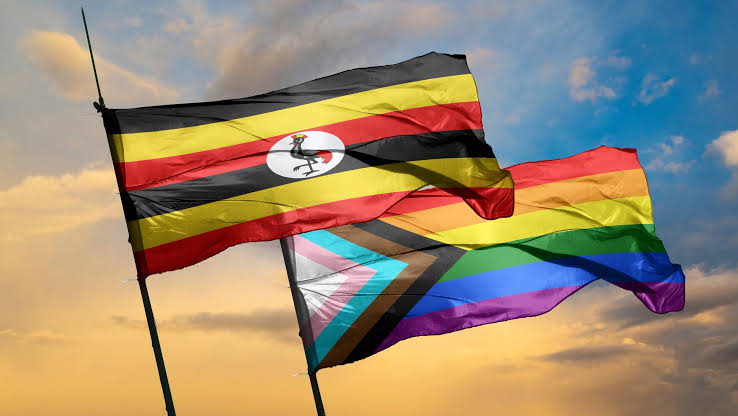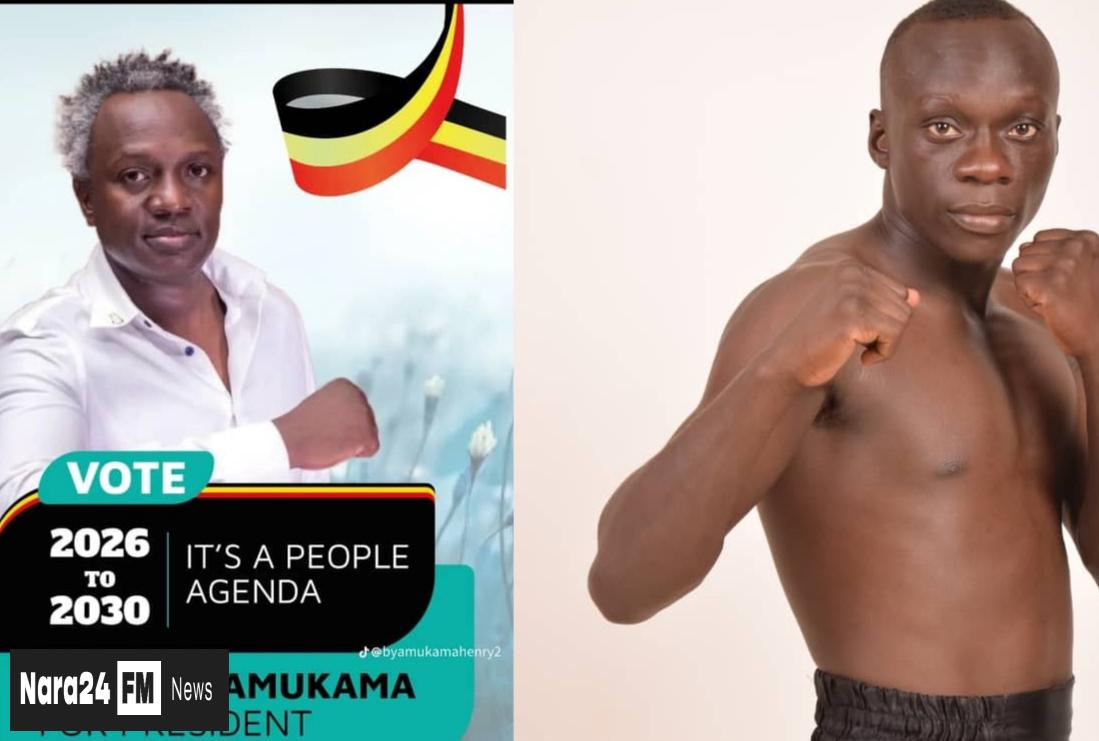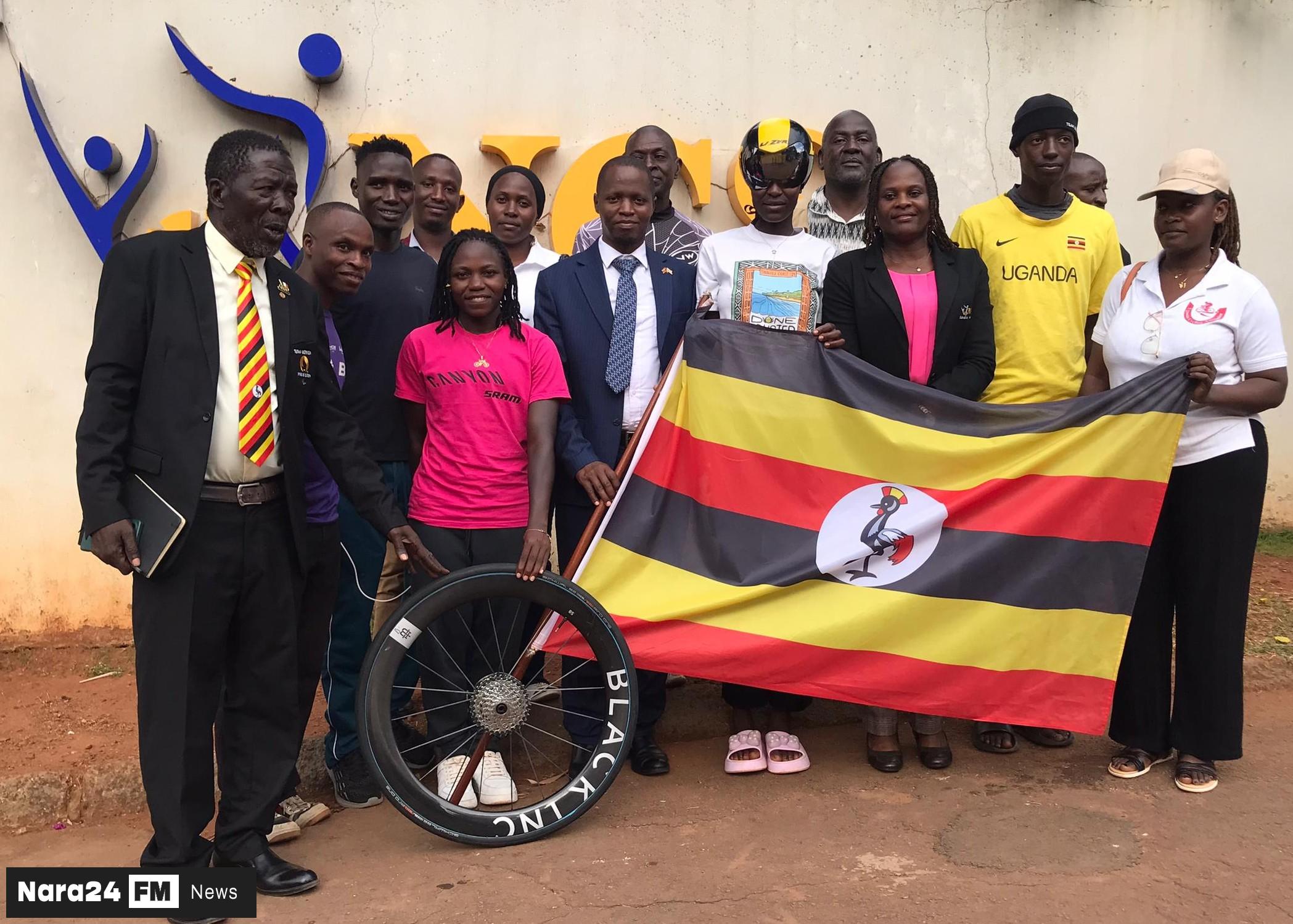The World Bank has announced the reinstatement of financial support to Uganda, ending a two-year suspension initially imposed in protest of the country's severe anti-LGBTQ legislation. The reversal marks a significant policy shift for one of Uganda's largest development partners.
In 2023, Uganda enacted the Anti-Homosexuality Act—considered among the world's harshest laws targeting sexual minorities—which permits capital punishment for certain same-sex acts. This legislation triggered immediate international backlash, with the World Bank halting all new lending in August of that year. Since the law's implementation, Uganda's Human Rights Awareness and Promotion Forum documented hundreds of citizens facing evictions, arbitrary arrests, and violent attacks based on perceived sexual orientation.
"We cannot eradicate poverty without ensuring all people benefit equally from development projects," stated a World Bank representative, confirming that new "inclusion safeguards" had been implemented to prevent discrimination in funded initiatives.
The institution approved several new programs targeting social welfare, refugee support, and educational infrastructure. Uganda relies heavily on World Bank financing for critical developments, including nationwide road improvements and electricity expansion projects. According to internal documents, the bank will employ third-party monitoring to ensure LGBTQ individuals aren't excluded from aid distribution.
Economic Fallout and Regional Context
Uganda's anti-LGBTQ policies previously cost the nation between $470 million and $1.7 billion in frozen financing, as estimated by UK-based advocacy group Open for Business. This economic strain occurred amid broader regional trends, with Ghana and Kenya advancing similar restrictive legislation.
Ugandan Information Minister Chris Baryomunsi welcomed the funding restoration, calling the original loan ban "unjustified" while maintaining the law merely prohibits "promotion" of homosexuality rather than private acts. However, rights organizations reported the legislation has fueled violent vigilantism, with victims describing orchestrated beatings and property seizures.
Criticism from Multiple Fronts
Human Rights Watch researcher Oryem Nyeko contends Uganda's government uses LGBTQ issues as "low-hanging fruit" to divert attention from unemployment and political repression. Meanwhile, economists globally question whether international loan structures perpetuate dependency cycles in developing economies.
The World Bank's compromise drew mixed reactions. While some view the safeguards as necessary pragmatism, activists fear normalizing rights violations. "This decision must not become a blueprint for overlooking oppression elsewhere," cautioned a Kampala-based civil society leader who requested anonymity for security reasons.
As funding resumes, observers note Uganda's persistent challenges: declining democratic freedoms, unemployment exceeding 13% among youth, and ongoing treason proceedings against opposition figures. The World Bank maintains its mitigation framework—including anonymous grievance reporting and LGBTQ-inclusive procurement policies—sets a precedent for balancing rights protections with development imperatives.








Comments (0)
Leave a Comment
Be the first to comment on this article!